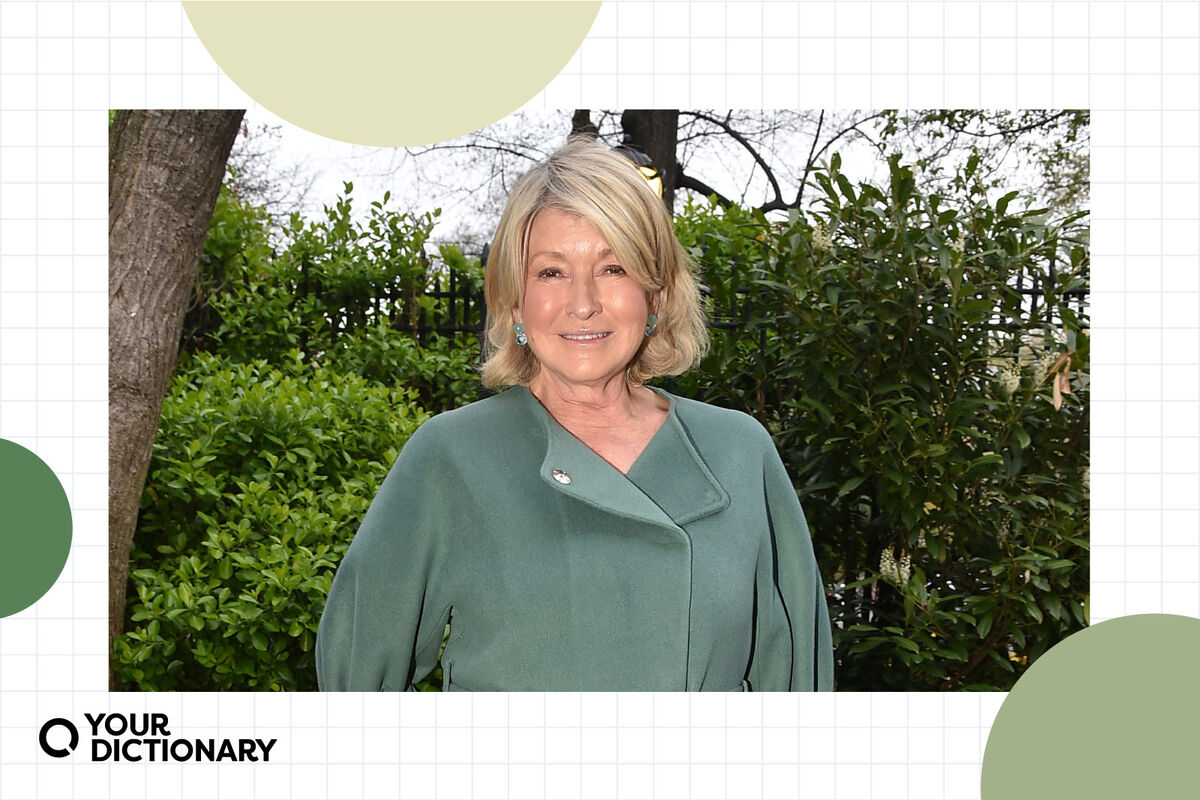
Home-decorating guru Martha Stewart is known for her crafty party planning tips and delicious recipes. However, her involvement in a 2001 insider trading scandal led to Stewart’s arrest and five-month prison sentence in December 2001. But it wasn’t the insider trading charge that led to her imprisonment. So why did Martha Stewart go to jail?
What Is Insider Trading?
Insider trading is a practice in which an individual buys or sells stocks they have in a company using information that is not available to the public. Insider trading is illegal and a serious offense resulting in fines or jail time.
The Decline of ImClone Stock
Toward the end of 2001, things began to look bad for a biopharmaceutical company called ImClone, which manufactures drugs in the United States, mostly for cancer patients. At the time, ImClone was testing an experimental drug called Erbitux, which was to be used in infusions for patients with certain types of cancer.
The drug was submitted to the Food and Drug Administration for approval, which it failed to get. When this happens to a medical company, often the company’s stocks take a dive because the market's expectations for the drug to make money have been dashed.
Martha Stewart’s Involvement With ImClone Stock
One of the founders of the company, Dr. Samuel Waksal, was arrested for advising friends and family members to sell the stock before the FDA made the announcement and the stock dropped in price.
During the investigations of ImClone, authorities discovered that Martha Stewart had sold 4,000 shares of the ImClone stock she owned the day before the FDA decision was announced — avoiding a loss of around $45,000 in the process.
The suspicious timing and the fact that she received the information about the stock through her stockbroker, Peter Bacanovic, led to an investigation of Stewart's dealings with ImClone.
Trial and Conviction
Martha Stewart repeatedly denied any wrongdoing, claiming that she had an agreement with her broker to sell the shares if they went below a certain price. However, Bacanovic's assistant asserted he was told to tip her off. Stewart was charged with securities fraud, obstruction of justice, and conspiracy. She was indicted in June 2003, and the case went to trial in January 2004.
Stewart’s Conviction
Martha Stewart was not convicted for criminal insider trading charges, although she later had to pay $195,000 to settle a civil case with the Securities and Exchange Commission. In her criminal case, she was found guilty of conspiracy, obstruction of justice and lying to federal investigators in March 2004. The securities fraud charge (related to boosting the stock of her own company) was dismissed.
- Conspiracy - Stewart was found to have conspired with her broker Peter Bacanovic to obstruct justice and make false statements in the ImClone insider trading investigation.
- Obstruction of justice - Stewart was found to have tried to hamper the SEC investigation of her stock sale by providing misleading information and attempting to tamper with a phone message from Bacanovic.
- False statements - Stewart was found to have lied to the Securities and Exchange Commission, the FBI, and federal prosecutors when she claimed she had prearranged with her broker to sell her ImClone stock when it fell below $60 per share. She was also found to have lied about not recalling being told that the family of ImClone founder Samuel Waksal was selling stock.
The conviction resulted in a five-month prison sentence, followed by five months of house arrest and two years of probation. Stewart maintained she was innocent but was confined to the minimum security Alderson Federal Prison Camp, West Virginia in October 2004.
Prison Sentence and Release
Although it was difficult, Martha Stewart seemed to take the short prison sentence in her stride. She took a role at the prison as an informal liaison, trying to maintain good relations between the inmates and the authorities at the prison. Stewart even crafted a nativity set during her confinement.
Her five-month sentence ended in March 2005. Stewart quickly snapped back into action, hosting television shows and writing two new books upon her release. After a brief dip in stock prices, Martha Stewart Living Omnimedia did not suffer from her incarceration and was in fact invigorated when she finally returned.